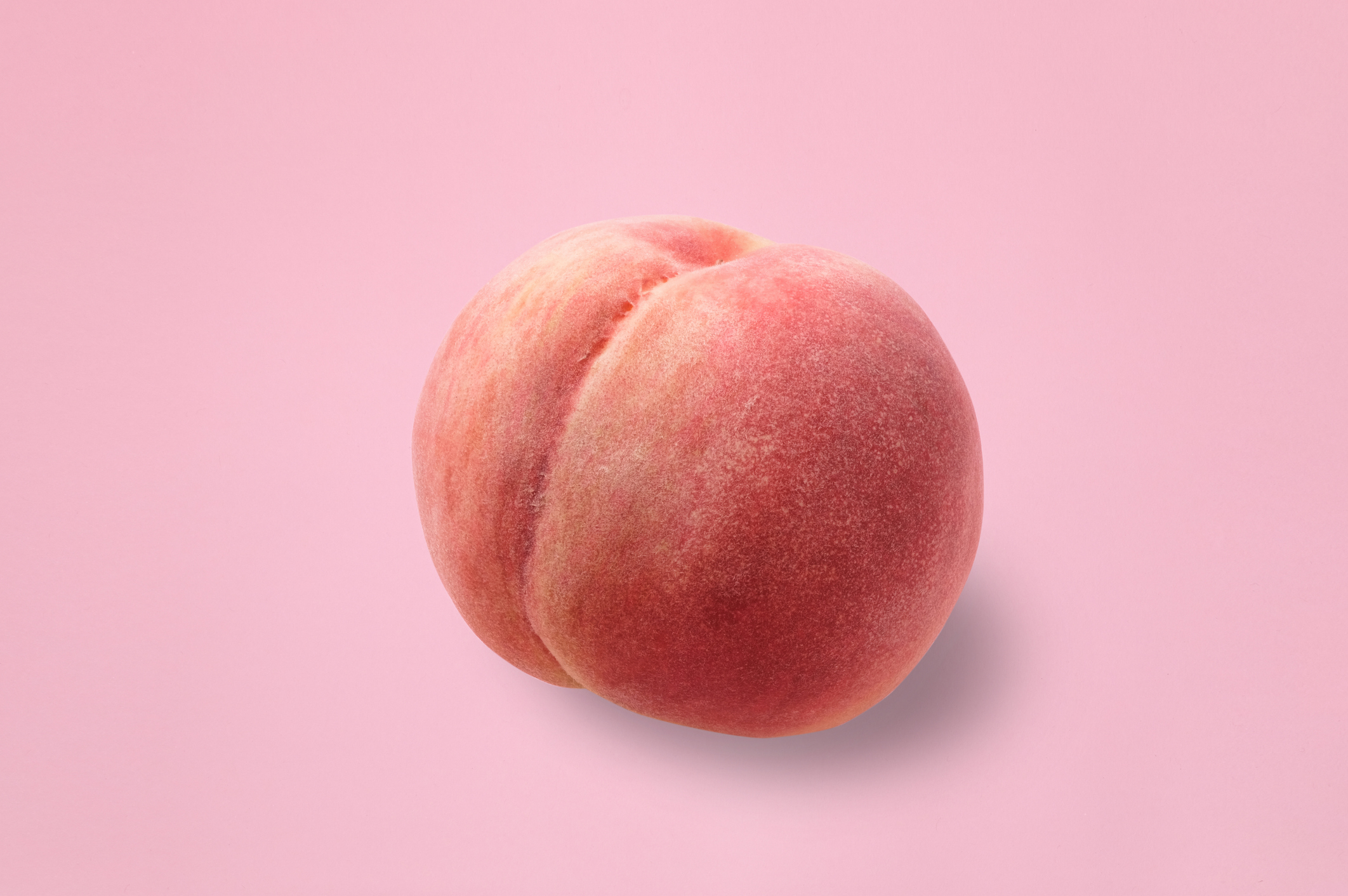We explain how our New Zealand-made protein powders can help optimise weight loss without resorting to restrictive diets.
You may have heard a friend using protein shakes to support their weight loss, energy levels or muscle gain. But how exactly does it work, and how can you use protein powder to optimise your weight loss? In this article, we’ll explore the science behind protein powder for weight loss and provide practical tips for incorporating it into your diet.
Pro You has a range of quality New Zealand protein powders – each one specially formulated to support healthy weight maintenance, steady energy levels and muscle growth.
Click here to browse our protein powder range, including New Zealand whey isolate and pea protein.
What is Protein Powder?
Protein powder is a dietary supplement typically made from whey, casein, pea or soy protein. It comes in various forms, including powders, bars, and shakes, and athletes and fitness enthusiasts often use it to support muscle growth and recovery.
However, protein powder can also be a helpful tool for the everyday person to lose weight. Protein is more satiating than carbohydrates or fat, meaning it can help you feel fuller for longer and reduce your overall calorie intake. Additionally, protein has a higher thermic effect than other macronutrients, meaning it requires more energy to digest and can boost your metabolism.
The Science Behind Protein Powder for Weight Loss
Key Takeaways:
- A high-protein diet while trying to lose weight may help increase your weight loss compared to a low-protein diet.
- A high-protein diet while trying to lose weight may help lose body fat while retaining muscle compared to a low-protein diet.
Several studies have investigated the effects of protein powder on weight loss. One systemic review titled The Role of Protein in Weight Loss and Maintenance, published in the American Journal of Clinical Nutrition indicated that high-protein diets are effective for weight loss and management. The results showed that individuals on high-protein diets lost more weight and fat while retaining lean body mass compared to those on low-protein diets. Furthermore, high-protein diets were more satisfying, making participants feel full for extended periods and reducing their overall calorie intake.
Another review titled Clinical Evidence and Mechanisms of High-Protein Diet-Induced Weight Loss, published in the American Journal of Obesity and Metabolic Syndrome, found that high-protein diets are an effective and safe tool for weight reduction that can prevent obesity and obesity-related diseases while preserving muscle.
These studies suggest that increasing your protein intake through whole foods or protein powder can be an effective strategy for weight loss and muscle retention.
Tips for Using Protein Powder for Weight Loss
Choose a high-quality protein powder
Look for a protein powder made from high-quality ingredients with minimal fillers, added sugars and artificial flavours. Ideally, the protein should have a high absorbability with maximal protein content. If you tend to get a funny tummy from dairy, whey protein isolate is easier on the stomach than whey concentrate, as lactose levels are considerably lower.
Wondering what whey protein is the best?
Pro You’s New Zealand Whey Protein Isolate powder contains 99.5% NZ whey protein isolate. We have sourced whey protein isolate with maximal protein content (92g per 100g) and minimal fat (0.9g per 100g), and carbohydrate content (0.3g per 100g).
If choosing a plant protein, pea is an excellent option as it is a complete protein – meaning it contains all 9 essential amino acids. Pro You’s Pea Protein Blend contains organic yellow pea protein isolate and 13 vitamins, minerals and plants.
For more information on our pea protein, read our pea protein blog article.
Use protein powder as a meal replacement
Replace one meal per day with a protein shake or smoothie. This can help decrease your calorie intake and increase your protein consumption. It is a healthier option than skipping meals, which can cause a sudden drop in blood sugar levels and lead to cravings for unhealthy foods.
Click here for our top 5 quick and healthy protein smoothie recipes.
Add protein powder to your meals
Mix protein powder into oatmeal, yogurt, or pancake batter to increase the protein content of your meals. Pea protein is excellent in baking and can help give your baked goods a boost of protein.
For inspiration, here’s our No Bake Peanut Butter Protein Bar recipe.
Use protein powder as a post-workout snack
Consuming protein after exercise can help support muscle recovery and growth. Muscle can waste away while on a diet (and, therefore, a calorie deficit). You want to avoid this to maintain a lean physique – remember, muscle burns more energy than fat! Mix protein powder with water or milk and drink it after your workout.
Don’t rely solely on protein powder for weightloss
While protein powder can be a helpful tool for weight loss, consuming a variety of whole foods is essential to ensure you get all the nutrients your body needs.
Key Takeaways
Protein powder can help optimise weight loss, as it can help you feel fuller for longer and boost your metabolism. However, it’s essential to choose a high-quality protein powder (like the Pro You New Zealand Whey Protein Isolate and Pea Protein Blend) while using it in conjunction with a healthy diet and exercise routine. By incorporating protein powder into your diet, you can optimise your weight loss and achieve your health and fitness goals.
To get your hands on the best New Zealand-made protein powder, click here to shop our New Zealand Whey Protein Isolate and Pea Protein Blend.






